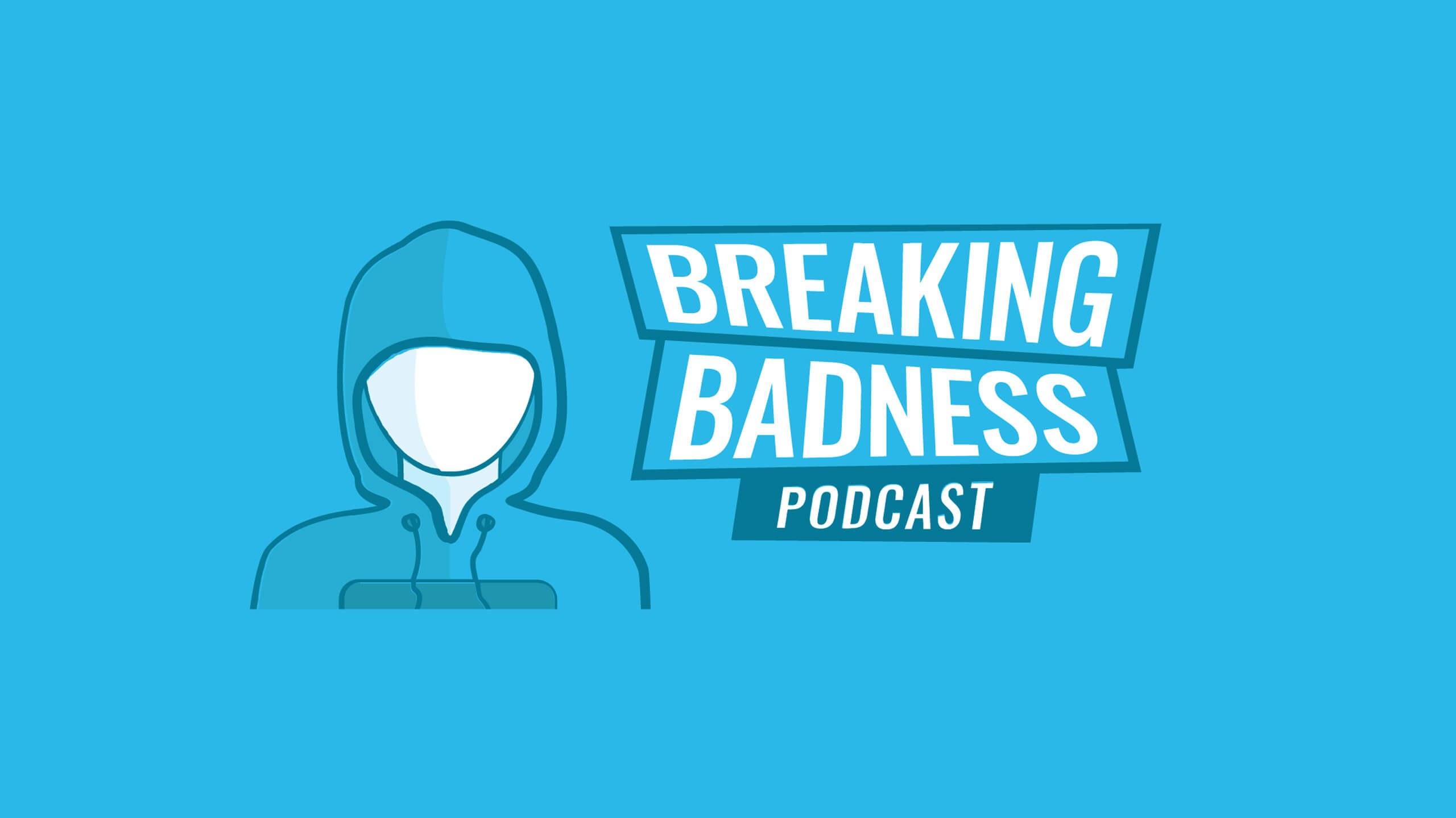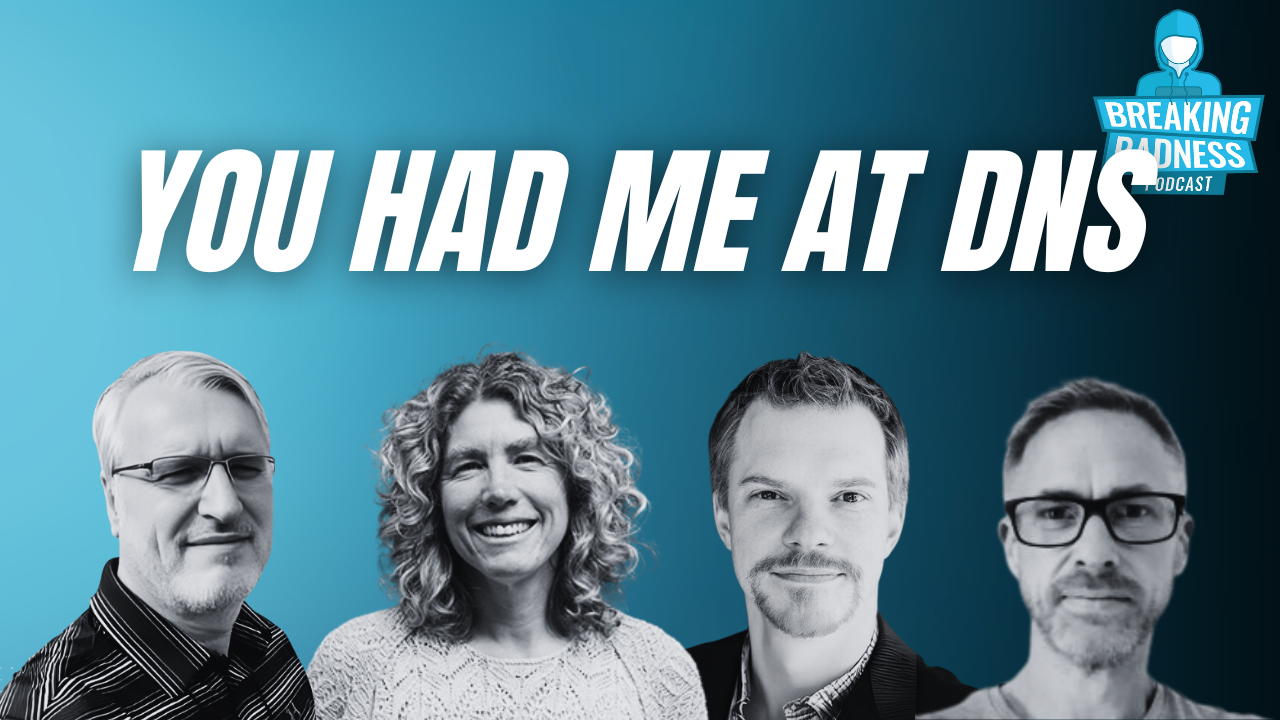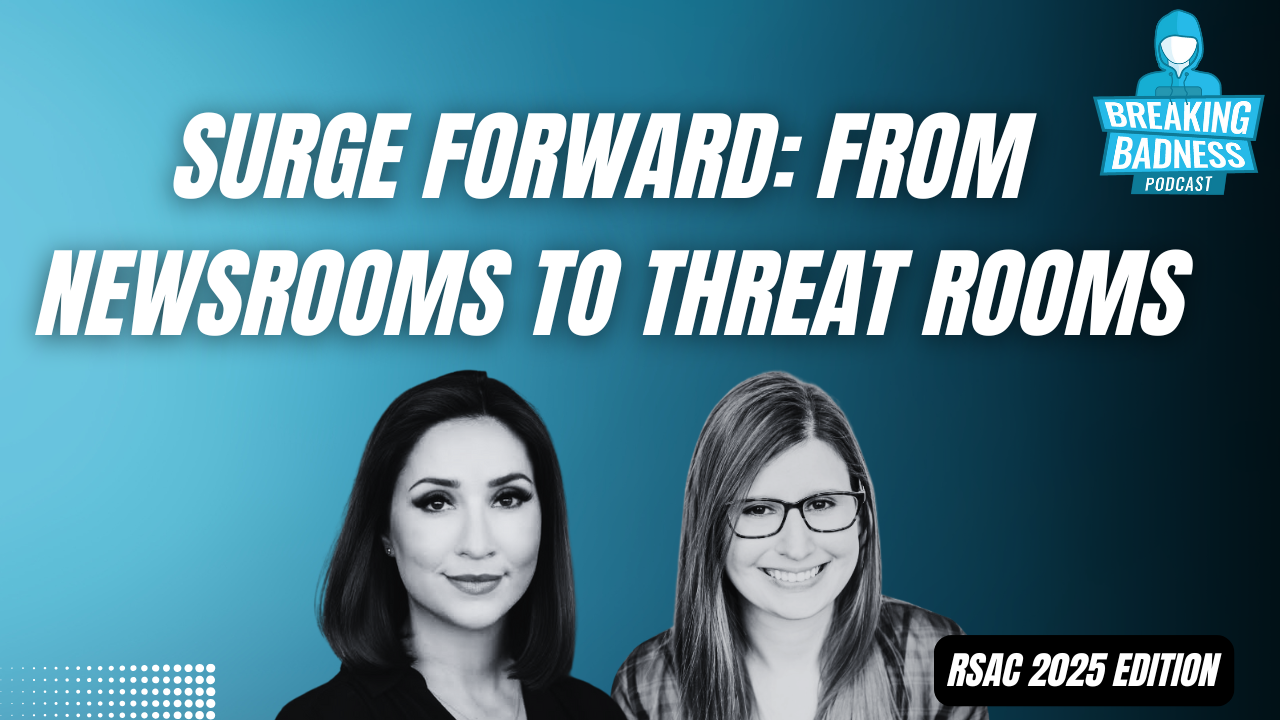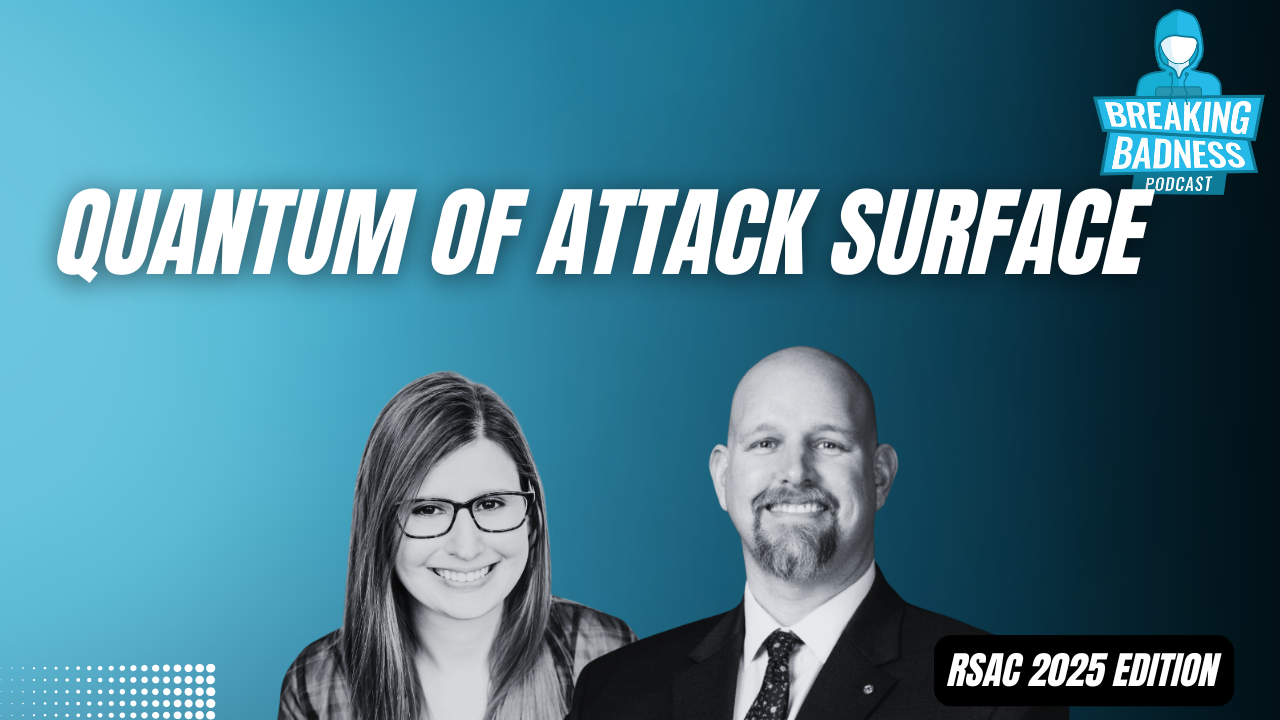Coming up this week on Breaking Badness. Not Your Neurotypical Episode and Gold, Guidance, and Grievances.
In this episode of Breaking Badness, Ian Campbell and Travis Hall discuss neurodivergence including their personal experiences, myths they’d like to debunk, how it’s beneficial to cybersecurity, and neurodivergent Employee Resource Groups (ERGs). Ian had previously written a blog post regarding what the ERG is, who can join, and how to create one for your own organization, and we’re glad he and member Travis Hall could share more on how that group has helped them at DomainTools.
What is Neurodivergence?
Our conversation begins with an overview of what it means to identify as neurodivergent, which is the concept that people perceive and experience the world in different ways. It recognizes there is no single right way to operate and that these differences are not deficits or disabilities. From our perspective, we keep it at the broadest definition of who falls under the neurodiverse umbrella because the more voices in the conversation, the better the outcome will be.
You don’t have to have a diagnosis to be considered neurodiverse. Ian personally believes that if you identify as neurodivergent, then you’re neurodivergent. The whole process is a journey and it’s about learning more about yourself.
Neurodivergent Myths Debunked
There are several myths Ian and Travis would like to debunk in this episode, but one of the biggest ones is the idea that neurodiverse people are less stable or less capable or less trustworthy. There’s the question as to how public those who identify as neurodiverse can be and still be trusted with important information. The RAND corporation came out with a report of neurodiversity in the national security sphere and one of the takeaways was that during one interview, a defense manager said “we specifically established a neurodiverse program because our missions are too important and too difficult to be left to those who only use their brains in typical ways,” which translates to cybersecurity as well.
Neurodiversity in the Workplace
Ian and Travis discuss their careers as neurodiverse individuals and how different managers who understood their potential shaped their working lives. They celebrate managers who recognize the importance of diversity in thought processes and how it’s beneficial to both the employee and the team as a whole to hire those who think differently. Interviewing for elements like social fit or team fit when interviewing aren’t what you should necessarily be hiring for. If you focus on that, you’ll lose out on some really good candidates because you’re focusing too much on first impressions, especially social impressions, which applies to neurotypicals as well as those who are neurodiverse.
We’re seeing more and more organizations begin to embrace these ideas, even at the institutional level. SANS recently held their Neurodiversity in Cybersecurity Summit, and it was not their first one, so it’s exciting to see more of these organizations take interest and provide safe spaces to grow the number of people looking to break into cybersecurity.
Listen to the full episode for more of Travis and Ian’s respective journeys along with their Gold, Guidance, and Grievances.
That’s about all we have for this week, you can find us on Twitter @domaintools, all of the articles mentioned in our podcast will always be included on our podcast recap. Catch us Wednesdays at 9 AM Pacific time when we publish our next podcast and blog.
*A special thanks to John Roderick for our incredible podcast music!




